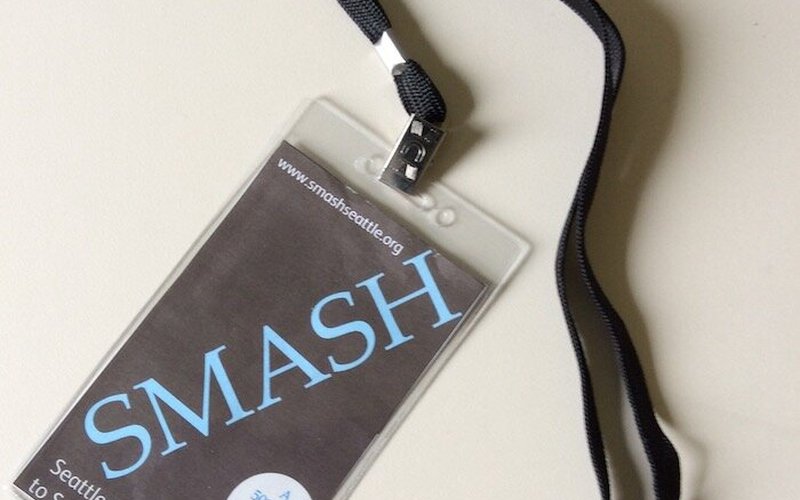
The coronavirus upended the music industry – artists are canceling tours, venues face questions of whether they’ll be able to stay afloat, laying off staff in the process. But COVID-19 has also changed the way musicians receive healthcare. As the need for mental health services increases and access to in person care has decreased, Seattle Musicians Access to Sustainable Healthcare (SMASH) has had to adjust the types of assistance they offer musicians.
“Basically, all services that we offered before were in-person health services,” says SMASH Executive Director Denise Burnside, “So, whether it was our hearing clinics, custom ear plugs, we just had done an acupuncture clinic, naturopath care, wellness visits, etcetera. All of that was suddenly obsolete.”
Sound & Vision host Emily Fox spoke with Burnside along with SMASH’s co-founder Ian Moore about how Covid-19 has changed their approach to assisting musicians facing uncertainty within their industry.
Moore: It’s been a really, really interesting time. One of the things that people in the music economy are pretty good at is getting by and making stuff work regardless, because we've been doing that our whole life. I know we're all very unsure about the future, but one of the things that Denise and I have been talking about quite a bit is the live music sectors are going to be the last thing to open up. And so, we're all sitting here in kind of neutral and we can't even book anything because we don't know when things are going to change. This is how I pay my bills and this is what I do. So, it's been pretty challenging.
Burnside: What we had been hearing from the community is that musicians suffer from mental health like everyone does. But the studies show that the artistic community, and musicians in general, really suffer at a higher rate and that this pandemic had really affected people because suddenly their creative outlet, their source of revenue, was wiped away. So, we partnered with two different entities to launch mental health services. And we're also funding virtual visits, whether they're COVID or non-COVID related. And our dentist is offering emergency dental services for our members.
Burnside: I personally think one of the issues is that the healthcare system is pretty hostile, it’s not a welcoming environment. I don't feel that artistic communities feel well taken care of by the medical system. So, one of the goals of SMASH is to create a respectful, welcoming environment in which we partner with doctors and with organizations that will treat those communities that are artistic, that come at life in a different way. They're not corporate, they're not buttoned down, and they get the level of service, respect, and dignity that they deserve.
Burnside: So, at this very moment, with the sheltering in place order still happening, we do virtual mental health through ReachLink, those are one on one appointments and we're funding starting off with eight [appointments]. And basically, it's kind of an evaluation of what happens after those eight appointments. And then, through BetterHelp, there are one on one appointments through there. But there's also texting and emailing and also basically two different ways that you can choose how you best navigate your mental health if you have a health concern. We can help you figure out where to go. We have some clinics that we partner with and that we have a system of payment with. But, if you need to go somewhere else, we can fund those co-pays or those fees to virtually see someone.
You can listen to the whole conversation with Denise Burnside and Ian Moore of SMASH on the KEXP archive.
KEXP's Sound & Vision airs every Saturday morning from 7-9 AM PT, featuring interviews, artistry, commentary, insight, and conversation to that tell broader stories through music, and illustrate why music and art matter. You can also hear more stories in the new Sound & Vision Podcast. New episodes are out every week. Subscribe now.
The deaths of those Kent State students 50 years ago this week both changed our nation and changed Gerald as a person and as an artist forever.
KEXP talks to local independent record stores about ways we can support them during the current stay-at-home order, and what the future looks like for retail.
KEXP’s Emily Fox speaks with Jason Clackley and Ricky Graboski of the Vera Project about the DIY Community Relief Fund.